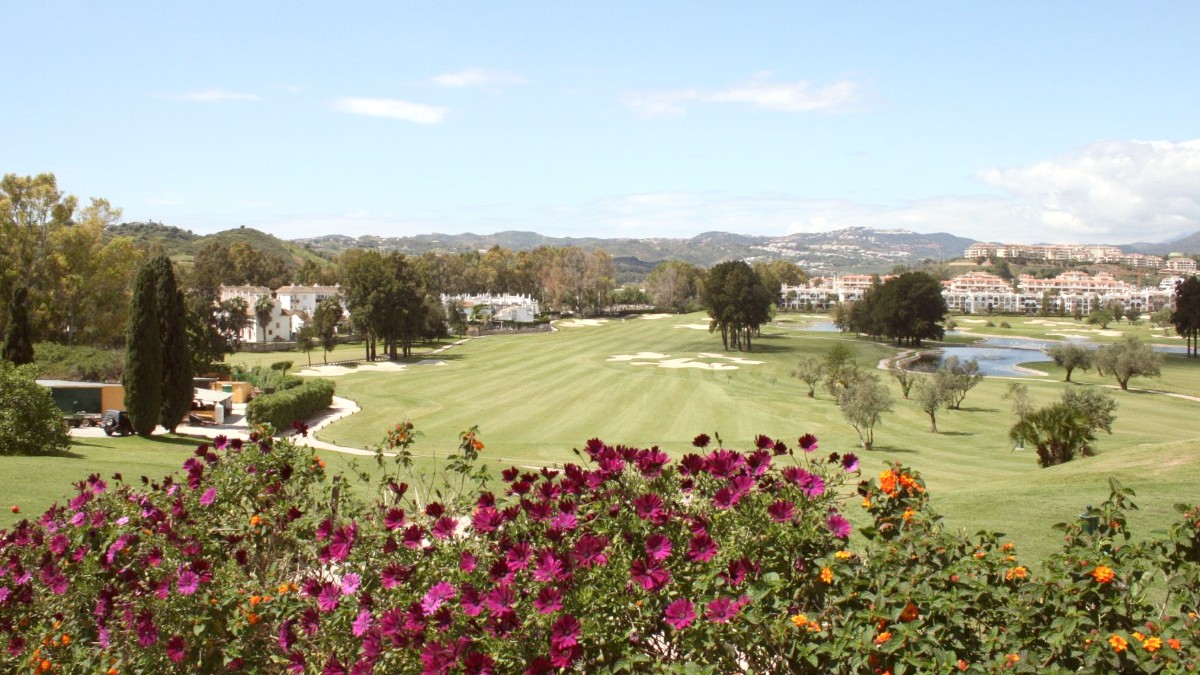
Andalucia, Spain
Temperatures: Spring (March-May) brings mild days (15-22°C). Summer (June-August) has hot, dry weather (25-30°C, often higher). Autumn (September-November) maintains warmth (18-25°C). Winter (December-February) is mild (12-18°C), with rare frost.
Humidity: Humidity is generally moderate. Coastal proximity can make summer evenings feel more humid, heightening the perception of heat.
Understand the benefits and considerations for travel during different seasons in Fuengirola.
Each period presents unique experiences and crowd levels.
June-August, Easter, Christmas/New Year
Warmest weather, ideal for beach activities. All attractions operate fully.
Significant crowds, highest prices. Intense summer heat may be uncomfortable.
April-May, September-October
Pleasant temperatures, fewer crowds, moderate prices. Sea warm enough for swimming.
Occasional rain, especially October. Some beach establishments may reduce hours.
November-March (excl. Holidays)
Mild winter climate, fewest crowds, lowest prices. Excellent for inland exploration.
Cooler for beach swimming. Some tourist businesses may close. Higher chance of rain.
Summer heat can be intense. Staying hydrated is important. Schedule outdoor activities for early mornings or late afternoons. Seek shade during midday hours.
Beach & Water Sports: June to early October. Sightseeing & Cultural Exploration: April-May and September-October. Hiking & Golf: November to March. Festivals: Check specific dates as they vary annually.
Fuengirola experiences occasional strong winds, known locally as Poniente or Levante.
These winds might bring in waves or make sunbathing less comfortable.
Consult local forecasts for wind advisories.
Always keep hydrated, especially during warmer periods with wind.
Sun protection remains important even on windy days.
Navigating visa and entry requirements represents a step in planning your trip. Spain is part of the Schengen Area, which has unified entry rules for many nationalities.
Spain is a Schengen Area member. Citizens of the US, Canada, Australia, UK, and many others do not need a visa for stays up to 90 days within any 180-day period for tourism, business, or short-term study.
Upon arrival, have the following documents ready for immigration procedures:
Below are average daily estimates. Actual costs fluctuate based on choices and season.
| Category | Budget Traveler (Daily) | Mid-Range Traveler (Daily) |
|---|---|---|
| Accommodation | €30 - €60 (hostel bed, guesthouse) | €70 - €150 (3-4* hotel, apartment) |
| Food & Dining | €20 - €40 (supermarket, tapas, fast food) | €50 - €90 (mid-range restaurants, multiple tapas) |
| Local Transport | €5 - €10 (public bus, walking) | €10 - €25 (public transport, occasional taxi) |
Spain maintains a reliable healthcare system, and Fuengirola generally is a safe place to visit.
Ensure MMR, DTP, Varicella, and Polio are current. Consult a healthcare professional.
Hepatitis A and B are sometimes suggested, especially with street food consumption.
Advised only for high-risk activities involving animals.
Prevention is for comfortable travel.
Sunburn & Heatstroke: Apply high-SPF Sunscreen, wear a Wide-brimmed hat, use Sunglasses. Seek shade during midday.
Dehydration: Drink plenty of water. Tap water is safe. Traveler's Diarrhea: Generally low risk; practice good hand hygiene. Jellyfish: Present seasonally; look for warning flags on beaches.
Always consult official health advisories before travel.
Spain has a high-quality public healthcare system.
Your European Health Insurance Card (EHIC) grants access to state-provided healthcare.
Comprehensive Travel insurance for medical emergencies is strongly advised.
Fuengirola is generally safe. Petty theft, like pickpocketing and bag snatching, occurs mainly in crowded tourist areas.
Keep these numbers handy for any urgent situation.
112 (Police, Fire, Ambulance - Europe-wide)
092
061 (Ambulance)